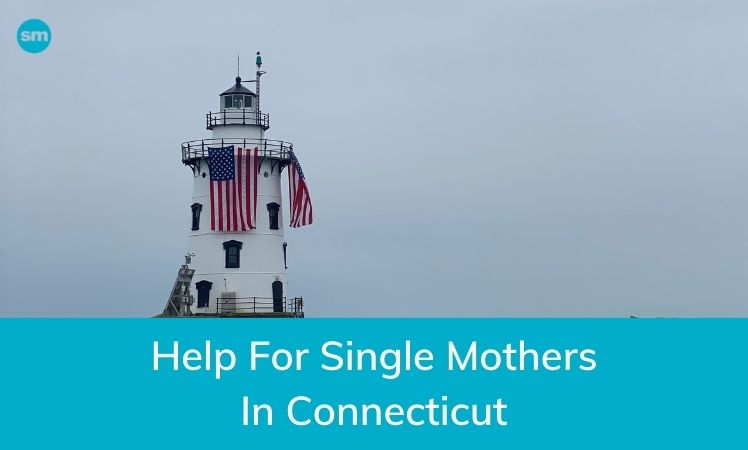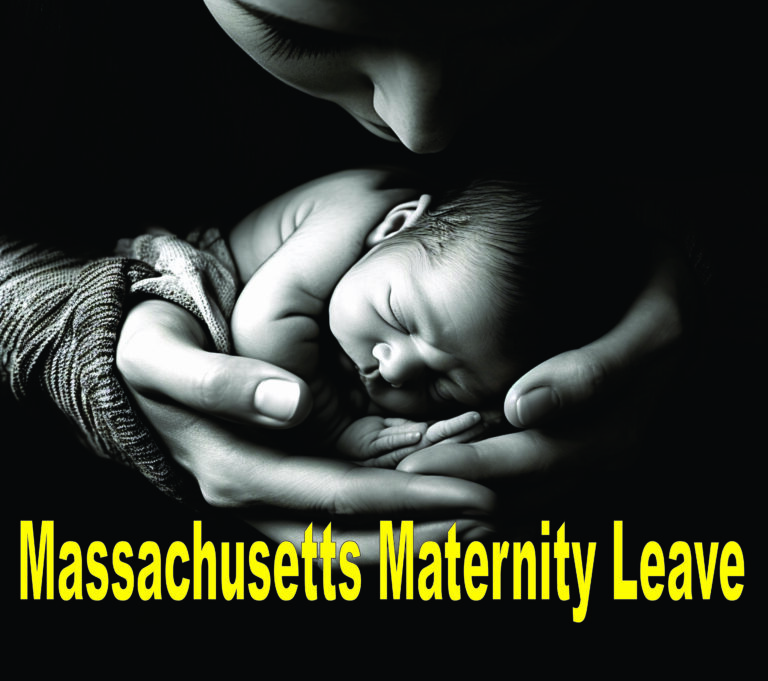Help for Single Mothers in Connecticut

Last Updated on May 23, 2024 by Kathy
Single mothers in Connecticut still need support from the local government, even though Connecticut is one of the wealthiest states in the nation. Connecticut has a number of programs created at the local government level by the federal government, including non-profits and educational institutions. The state of Connecticut provides all of these programs aimed to help single mothers in need.
Education Grants For Single Mothers In Connecticut
Connecticut has several programs to help single mothers who want to continue their education after giving birth. The Office of Higher Education in Connecticut aims to advance the promise of postsecondary education to all residents of the state. It also advocates on behalf of the students, taxpayers, and postsecondary colleges and schools that fall under its jurisdiction. Connecticut’s Office of Higher Education provides grants and scholarships to single mothers, which do not require repayment.
Pell Grant
Connecticut Pell Grants are used to attend college. You can use this grant at any Connecticut college that participates in the Federal Student Aid Program. You must meet the following criteria to be eligible for this grant:
- A student enrolled in a post-baccalaureate program that is eligible for certification or an undergraduate. The Pell Grant is not available to students who already have a bachelor’s or graduate degree.
- No record of incarceration
- You must have a financial need.
- The expected family contribution must not exceed $3,850.
- You must maintain satisfactory academic progress in the school that you attend.
Fill out the FAFSA to apply for the Pell Grant. When you submit the FAFSA, they will automatically consider you for the grant.
Supplemental Educational Opportunity Grant (SEOG)
Federal Supplemental Educational Opportunity Grants are available to full-time, undergraduate students with exceptional financial needs (typically Federal Pell Grants recipients) who have submitted their FAFSA. These grants do not require repayment. There are restrictions to these funds and are only for students who are pursuing their first bachelor’s degree based on financial needs and available funds.
TEACH Grant
The Teacher Education Assistance for College and Higher Education Grant (TEACH) is different than other federal student grants because you have to attend certain classes to qualify and do certain jobs to prevent the grant from becoming a loan.
You must agree to teach (amongst other things) in order to receive a TEACH Grant.
- In a field with high demand;
- Students from low-income households can apply to elementary schools, secondary schools, or educational service agencies.
- You must complete four academic years of full-time study within eight years following the completion (or cessation) of the course for which the grant was awarded.
Roberta B. Willis Scholarship
This scholarship is formerly the Governor’s Scholarship. This program provides financial assistance to students who need it. Priority will be given to those with the most need. The amount ranges from $800 up to $5,000 depending on whether you are enrolled part-time or full-time. Fill out the Free Application for Federal Student Aid to determine if you are eligible. Please contact (860)947-1848 for more information or send an email to gsp@ctohe.org
Rental Assistance Program (RAP)
Rental Assistance Program is a state-funded program that assists families with low incomes to afford housing on the private market. Participants who are eligible for RAP certificates can choose any type of rental housing they want, such as apartments, townhouses, or single-family houses. The local housing authority issues certificates.
The local housing authority will determine the maximum rent that can be charged to a tenant after they sign a lease. The maximum rent allowed is usually calculated by comparing the rent of a modestly priced dwelling on the local housing market to the amount required.
The RAP certificate holder has the right to select the location and type of rental housing that best meets their needs. Before a residence can be approved, it must meet quality and safety requirements set by the local housing authority.
Care 4 Kids In Connecticut
Care 4 Kids is a program that helps Connecticut families with low and moderate incomes pay for childcare. The Connecticut Office of Early Childhood sponsors this program. Parents and children must meet certain requirements to participate in the Care 4 Kids program.
- Families must be residents of Connecticut, working or enrolled in a Job First-approved education or training program. They also need to meet the income requirements.
- Children must be residents of Connecticut and under the age of 13 or, if they have special needs, under 19 years old.
Healthcare for Uninsured Kids and Youth (HUSKY)
Connecticut has a HUSKY Department for single mothers with children. Healthcare for Uninsured Kids and Youth is a government-funded healthcare program that covers children and adults who are not dependents. You can apply directly through the HUSKY site, over the phone by dialing 1-855-805-4325, or at a local Department.
UniteCT
UniteCT provides rental and electricity assistance to Connecticut households that are financially affected by the COVID-19 Pandemic. Individuals and households eligible for funding can receive up to $15,000.
This money will be used to cover rental arrears and potential rent assistance. It may also include up to $1500 to pay electric utility arrearages. You can apply for UniteCT as a landlord or tenant if you meet the income requirements. For further assistance please call 1-844-864-8328.
Bottom Line About Help For Single Mothers In Connecticut
There is a big variety to choose from when it comes to asking for assistance. The federal government and nonprofits work hard to support the community they are in, the best that they can. To learn more about other assistance offered to help single mothers in the state of Connecticut, visit these articles:





